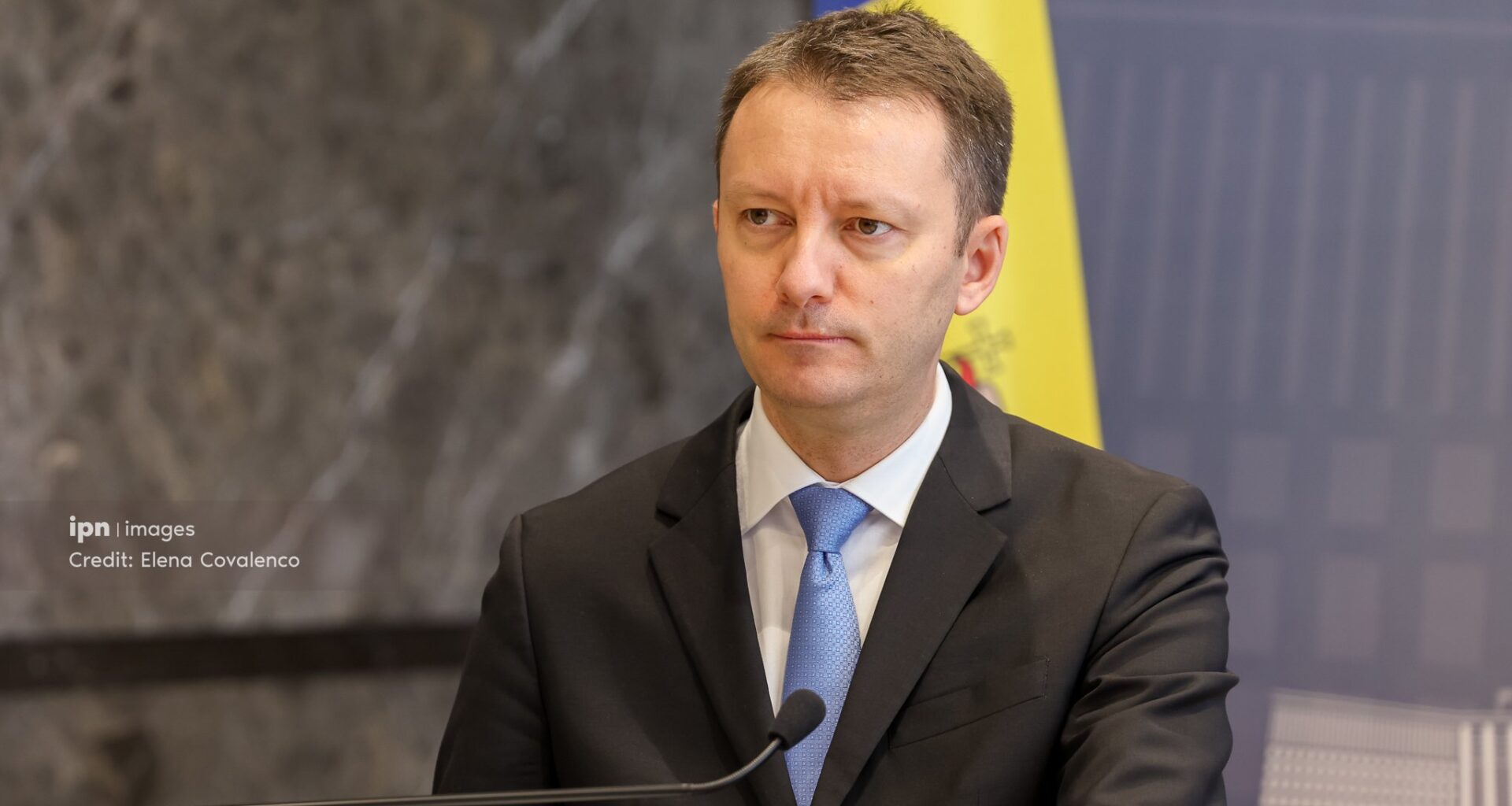The European Commission in the coming weeks is expected to approve the €1.9 billion Growth Plan Agreement that was signed last week in Chisinau, MEP Siegfried Muresan stated for IPN. The document will allow quick access to pre-financing of about €300 million, said the official.
“I am convinced that this agreement will soon be approved by the European Commission, and the Republic of Moldova will receive the pre-financing before summer, maybe even at the end of May or during June,” said Muresan, who is the vice chair of the EPP Group in the European Parliament.
Under the plan, investments will be made in nurseries, kindergartens, hospitals, modernization of schools, road infrastructure and bridges over the Prut, along with structural reforms, which will strengthen the state institutions. The MEP stressed that the Republic of Moldova finalized the document in less than two months, which points to a quick and coordinated reaction from the authorities.
“The hardest part is over. The law was adopted with broad support in the European Parliament, in very good conditions for the Republic of Moldova. The European Commission appreciates this plan, and things are going well, forward and fast,” added Siegfried Muresan.
During an official visit to Moldova last week, together with European Commissioner for Enlargement Marta Kos and the MEP Dan Barna, Siegfried Muresan welcomed the progress made by the Republic of Moldova in its European path. He reminded that in just a few years, Chisinau applied for membership, obtained the candidate status, and accession negotiations on the first chapters will begin in the coming months.
“The European Union is determined to bring the Republic of Moldova into its ranks as a full-fledged member state. If the pro-European government continues, I am convinced that in the next four years, all the stages of accession could be completed,” concluded the Romanian MEP.
The €1.9 billion Growth Plan Agreement signed in Chisinau reflects the EU’s commitment to support the Republic of Moldova in modernizing state institutions and adapting them to European norms. The document was signed on May 9 by Prime Minister Dorin Recean and European Commissioner for Enlargement Marta Kos.
